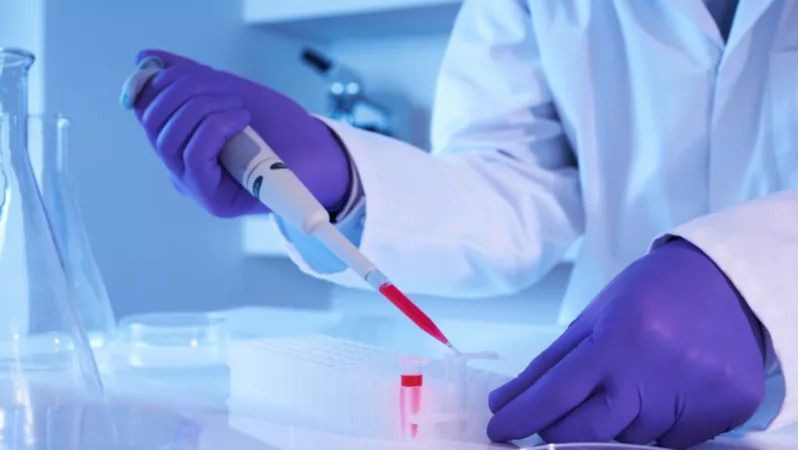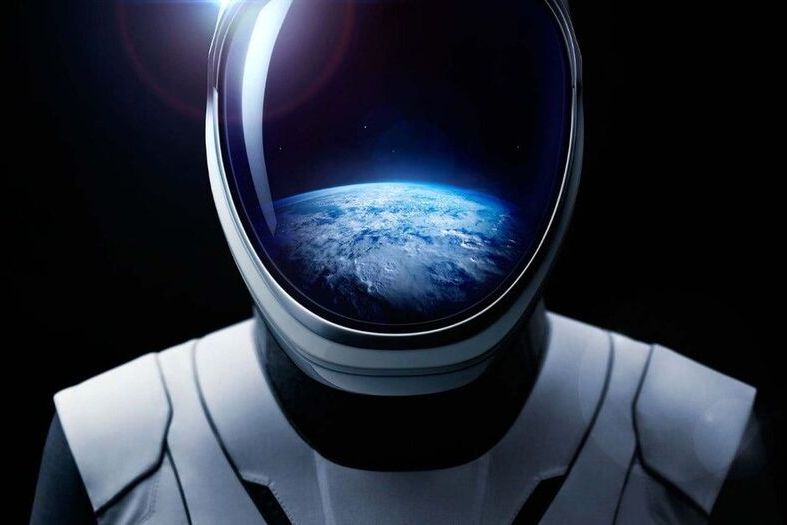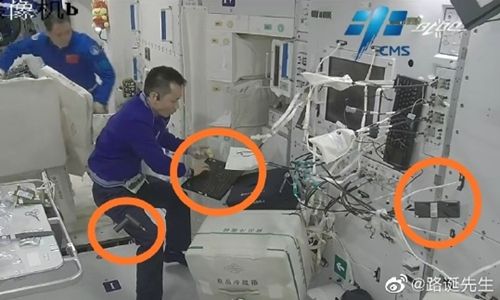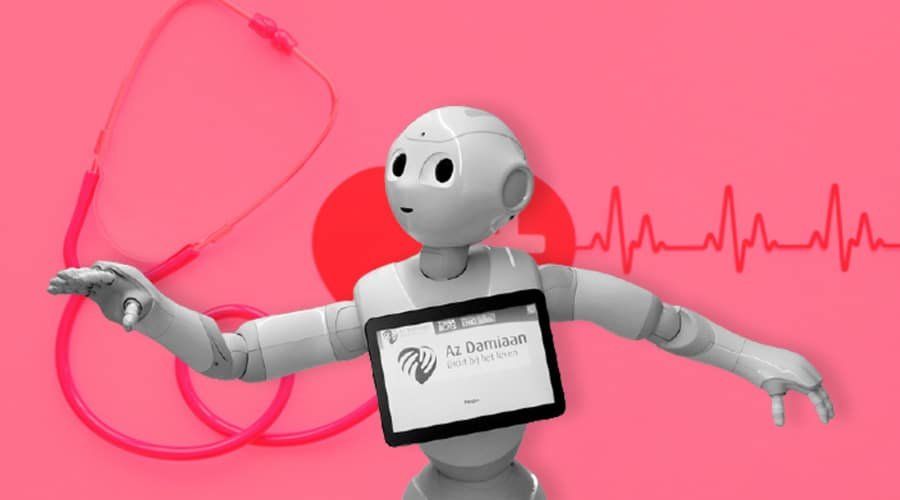The most detailed observations of some of the most distant galaxies we have ever seen have revealed the timing of cosmic dawn, when the first stars began to shine.



Mesenchymal stem cells derived from adipose tissue appear to reverse some effects of aging in nearby somatic cells.
A new study published in the FASEB Journal shows how mesenchymal stem cells derived from adipose tissue (ADSCs) reverse some effects of aging in nearby cells.
It’s not the cells themselves, it’s what they secrete
The original and ongoing main purpose of stem cell therapies is to directly combat stem cell exhaustion: to replenish the body’s regenerative capability by introducing fresh stem cells, which divide into somatic cells in order to repair tissues and organs.
The 2021 Space Renaissance Congress is going to kick-off today, June 26th, at 13:45 UTC!
5 days of intense discussion on the best strategy to bootstrap the Civilian Space Development before 2025.
* 2021 is seeing the development of the first fully reusable orbital vehicle.
* this milestone will make the space settlement possible, provided that the right decisions will be taken, during next years.
* supporting and facilitating the effort of the New Space industry.
* giving proper priority to some technology and science advance.
* to allow civilians to travel and live in space.
Our mission is to make Earthers aware of this urgency and priority.
Exercise and supplements are both great, but if you are constantly feeding your system with home made stimulants that your body produces, you may be fighting an uphill battle. I experienced just that recently, I seemed to be forever on one social media platform or another constantly, under the excuse of promoting my videos, and it really took its toll. So, I just had a few weeks off, reading, exercising, relaxing outside, when the sun was out that is, and going for walks in nature…and now it is your turn. In Attention Span Is Decreasing, I look at how our modern lifestyles, with all their trappings and perks, can have the opposite effect to the one we are after, and how you can start to take back control. Mute alerts, use the flight mode, stick it in a drawer and embrace the 20−5−3 rule, to live not just longer, but happier, and healthier, both in body and mind, because they are inextricably linked. And if you want to know it all in a bit more depth, check out this video on my channel.
In Attention Span Is Decreasing, we will learn how our modern lifestyles, with all their trappings and perks, can have the opposite effect to the one we are…

SpaceX prepared for its first all-civilian flight and completed a mission for the U.S. Space Force the week of June 17–23, while scientists made surprising discoveries about insects and animals on Earth.
SpaceX’s Inspiration4 all-commercial crew remains in training for its flight in September, and discoveries from deep space and Earth’s ancient past abound this week.
Great new episode with former Fermilab physicist Gerald Jackson who chats about antimatter propulsion and the politics of advanced propulsion research. This one is out a bit later in the week than normal, but please listen. Good stuff.
Guest Gerald Jackson, former Fermilab physicist and advanced propulsion entrepreneur chats about his plans for an Antimatter Propulsion interstellar robotic probe. First stop would be Proxima Centauri. In a wide-ranging interview, Jackson talks about the politics and pitfalls of advance propulsion research. Too many people seem to think antimatter is something that is still science fiction. It’s not. It’s as real as the chair you’re sitting on.
The artificial intelligence revolution is just getting started. But it is already transforming conflict. Militaries all the way from the superpowers to tiny states are seizing on autonomous weapons as essential to surviving the wars of the future. But this mounting arms-race dynamic could lead the world to dangerous places, with algorithms interacting so fast that they are beyond human control. Uncontrolled escalation, even wars that erupt without any human input at all.
DW maps out the future of autonomous warfare, based on conflicts we have already seen – and predictions from experts of what will come next.
For more on the role of technology in future wars, check out the extended version of this video – which includes a blow-by-blow scenario of a cyber attack against nuclear weapons command and control systems: https://youtu.be/TmlBkW6ANsQ
Subscribe: https://www.youtube.com/user/deutschewelleenglish?sub_confirmation=1
For more news go to: http://www.dw.com/en/
Follow DW on social media:
►Facebook: https://www.facebook.com/deutschewellenews/
►Twitter: https://twitter.com/dwnews.
►Instagram: https://www.instagram.com/dwnews.
Für Videos in deutscher Sprache besuchen Sie: https://www.youtube.com/dwdeutsch.
#AutonomousWeapons #ArtificialIntelligence #ModernWarfare

In fall of 2019, we demonstrated that the Sycamore quantum processor could outperform the most powerful classical computers when applied to a tailor-made problem. The next challenge is to extend this result to solve practical problems in materials science, chemistry and physics. But going beyond the capabilities of classical computers for these problems is challenging and will require new insights to achieve state-of-the-art accuracy. Generally, the difficulty in performing quantum simulations of such physical problems is rooted in the wave nature of quantum particles, where deviations in the initial setup, interference from the environment, or small errors in the calculations can lead to large deviations in the computational result.
In two upcoming publications, we outline a blueprint for achieving record levels of precision for the task of simulating quantum materials. In the first work, we consider one-dimensional systems, like thin wires, and demonstrate how to accurately compute electronic properties, such as current and conductance. In the second work, we show how to map the Fermi-Hubbard model, which describes interacting electrons, to a quantum processor in order to simulate important physical properties. These works take a significant step towards realizing our long-term goal of simulating more complex systems with practical applications, like batteries and pharmaceuticals.

Chinese taikonauts’ electronic devices that were brought to Tiangong space station drew Chinese IT fans’ attentions on social media Sina Weibo. Netizens have found out those devices are all produced by Chinese companies.
Netizens have found that the electronic devices brought to China’s Tiangong space station and Shenzhou-12 capsule are all produced by Chinese companies. The topic “daily life of Chinese astronauts” had 240 million views on Sina Weibo by Thursday.
Various devices including a Huawei P30 mobile phone, Lenovo ThinkPad laptop and Xiaomi electronic screwdriver can be seen clearly in the livestream, released on Wednesday.
Mobile phones, tablets are connected to Wi-Fi with a downlink rate of 1.2 gigabits per second, which is equivalent to 5G speeds on the ground.

Still the comic relief til about December 31, 2024. By 2035 curing everything, already in the early stages towards that.
Giovanni Traverso, an MIT assistant professor of mechanical engineering, a gastroenterologist at Brigham and Women’s Hospital, and also the senior author of the study said, that they were actively working on robots that can help provide health care services to maximize the safety, of both the patients and the health care workforce.
Traverso and his colleagues after the Covid-19 began last year, worked towards reducing interaction between the patients and the health care workers. In this process, they collaborated with Boston Dynamics in creating mobile robots that can interact with patients who waited in the emergency department.
But the question here is, how patients are going to respond to the robots? This question was raised by the researchers of MIT along with Brigham and Women’s Hospital. The researchers conducted a nationwide large-scale online survey of about 1000 people working with a market research company called YouGov. The questions were about the acceptability of robots in healthcare for performing tasks like nasal swabs, inserting a catheter, and turning a patient over in bed.